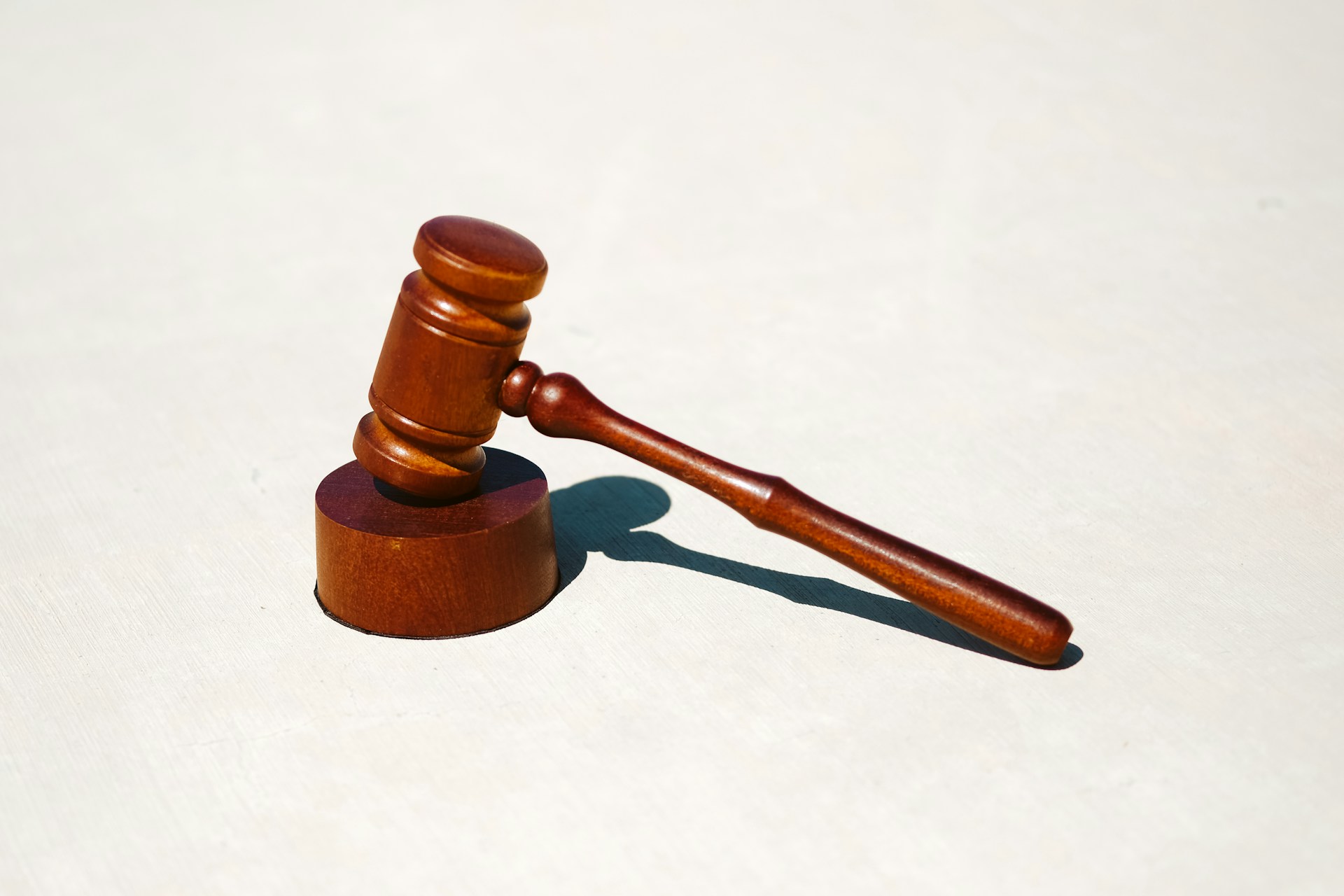The US Supreme Court has rejected Binance’s request to review a ruling that would have revived a 2020 class action lawsuit alleging the country violated securities laws and failed to protect investors.
The US Supreme Court rejected the Binance appeal
On Monday, the US Supreme Court Rejected Binance and its founder Changpeng Zhao’s appeal to avoid a class action lawsuit that accuses the crypto exchange of violating securities laws by illegally selling unregistered tokens.
According to reports, the exchange sought to revive the 2020 lawsuit and review the 2nd US Circuit Court of Appeals in Manhattan decision to let the proposed class action move forward. Binance and Zhao argued that US securities laws should not regulate the exchange because it was based outside the country.
The Supreme Court cited Morrison v National Australia Bank, 2010 in the appeal decision which limited the external reach of those laws. It claimed that the Second Circuit misapplied the Morrison decision “by allowing liability in multiple countries and at multiple stages of a securities transaction.”

Binance's petition for a Writ of Certiorari. Source: US Supreme Court
The report said Binance’s ruling “essentially revived a standard that the Supreme Court has rejected, in which domestic securities laws may apply if conduct under a transaction took place or had the effect of transacting in the United States.”
Additionally, the exchange alleged that its appeal allows the court to “address a question of global importance to financial markets: whether (and if so, when) US securities laws will apply to foreign trading platforms such as Binance.com.” extends to.”
Nevertheless, the justices refused to hear the exchange’s bid, affirming the trial court’s decision to continue the trial.
2020 class action to proceed
In 2020, a group of crypto investors filed a class action trial against Binance, arguing that the exchange “improperly engaged in millions of transactions” and failed to warn about the “significant risks” of some of its tokens.
The lawsuit claims Binance violated securities laws by selling unregistered tokens and “failing to register as an exchange or broker-dealer.” The investor purchased ELF, EOS, FUN, ICX, OMG, QSP, and TRX through the crypto exchange and allegedly suffered significant losses from their investment.
In March 2022, US District Judge Andrew Carter dismissed the lawsuit because the investors “sued too late.” The judge also argued that domestic security laws did not apply to Binance because it was not a domestic exchange, even though it uses “Amazon computer servers and Ethereum blockchain computers in the United States.”
However, the trial was revived In March 2024, after the Second US Circuit Court of Appeals in Manhattan, in a 3-0 decision, investors agreed that domestic securities laws apply.
“The 2nd US Circuit Court of Appeals in Manhattan ruled that even though Binance is not a US company, domestic securities laws may apply because token purchases become irrevocable in the United States once investors have paid for them. ,” Reuters reported.
Judge Alison Nathan argued that the domestic use of Binance Amazon The servers hosting its platform supported the decision, saying the exchange “discredits the applicability of any other country’s securities regulatory system.”

Binance Coin (BNB) trades at $677 in the one-week chart. Source: BNBUSDT on TradingView
Featured image from Unsplash.com, Chart from TradingView.com










